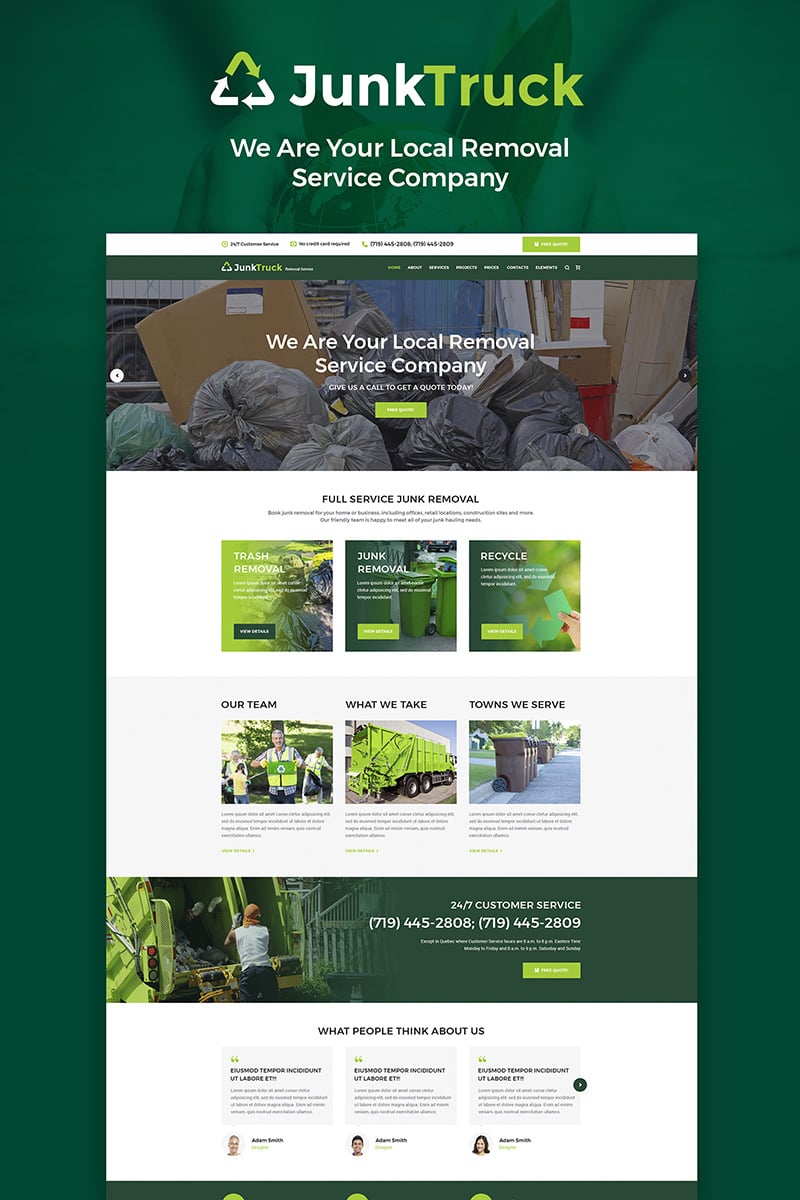Get Set To Examine The Captivating Development Of Dumpster Rental, Examining Its Historic Context And Current State, Along With Anticipating Future Trends That Will Certainly Redefine Waste Administration Methods

Web Content Create By-Fitzpatrick Langston
As you contemplate the evolution of dumpster rental, consider how each age has actually contributed to shaping the waste management landscape we navigate today. From simple beginnings in the 1930s to the cutting-edge technologies of the here and now, the trip of dumpster leasing has actually been marked by advancement and adaptation. Yet what pushes the perspective for this essential solution? The future fads in sustainable techniques hold the trick to unlocking a more efficient and eco-conscious technique to waste management. Keep tuned to uncover exactly how the dumpster service market is poised to welcome a greener tomorrow.
Historic Roots of Dumpster Rental
Explore the origins of dumpster leasing and how it has shaped waste administration practices in time.
Dumpster rental traces back to the 1930s when George Roby Dempster, a Tennessee business owner, designed the Dempster-Dumpster. This essential creation revolutionized waste disposal by giving an assigned container for gathering and transferring garbage successfully. Initially made use of for building websites, the principle swiftly expanded to residential and commercial setups, resulting in the establishment of the very first dumpster rental services in the 1960s.
For many years, dumpster rental has considerably influenced waste administration techniques by advertising comfort, sustainability, and organization. The ability to centralize waste in committed containers streamlines collection procedures, minimizes littering, and boosts recycling efforts. Additionally, dumpster rental urges individuals and organizations to adopt responsible garbage disposal habits, contributing to cleaner atmospheres and minimized environmental influence.
Modern Innovations in Waste Monitoring
Including sophisticated innovations and sustainable practices has actually changed waste management recently, improving performance and ecological effect. One considerable advancement is using smart waste management systems that employ sensing units to keep an eye on waste levels in real-time, enhancing collection courses and routines. These systems help in reducing unnecessary pick-ups, reducing fuel intake and exhausts.
Another contemporary improvement is the execution of waste-to-energy facilities, where non-recyclable waste is exchanged energy through procedures like incineration or anaerobic food digestion. This not only reduces the volume of waste destined for garbage dumps yet additionally produces renewable energy.
Moreover, the introduction of single-stream recycling has streamlined the reusing procedure for consumers, causing greater participation rates and higher diversion from landfills. In addition, advancements in composting innovations have actually made organic waste management extra effective, turning food scraps and lawn waste right into important compost for agricultural use.
Anticipated Trends in Sustainable Practices
Lasting waste administration practices are advancing rapidly to fulfill the raising needs for ecological duty and resource efficiency. As you seek to the future, several crucial fads are prepared for to shape the industry. One significant focus will be on minimizing waste generation with better item design and packaging. Business will progressively embrace round economic situation concepts, aiming to reduce waste and make the most of the life-span of items.
Another pattern to look for is the surge of sophisticated recycling modern technologies. Speedy Junk Removal in chemical recycling and pyrolysis are anticipated to supply brand-new options for dealing with facility or contaminated waste streams that conventional recycling methods struggle to refine efficiently. These modern technologies have the possible to reinvent exactly how we manage waste, turning difficult-to-recycle products into important sources.
Additionally, expect to see Recommended Internet site on natural waste diversion. Composting programs and anaerobic food digestion centers will end up being a lot more extensive as areas aim to reduce the amount of raw material sent out to land fills. By purchasing these sustainable practices, we can move towards a more circular and resource-efficient waste administration system.
Verdict
Finally, dumpster service has come a long way considering that its creation in the 1930s. From its modest starts on building and construction sites to its widespread use in property and commercial setups, the industry has continually developed to satisfy the changing needs of waste monitoring.
With the introduction of modern-day technologies and a focus on sustainable techniques, the future of dumpster leasing looks promising, with a solid focus on effectiveness, ecological obligation, and advancement.

